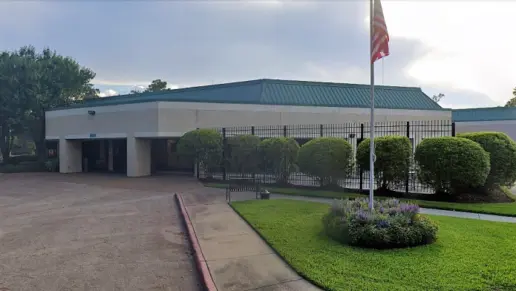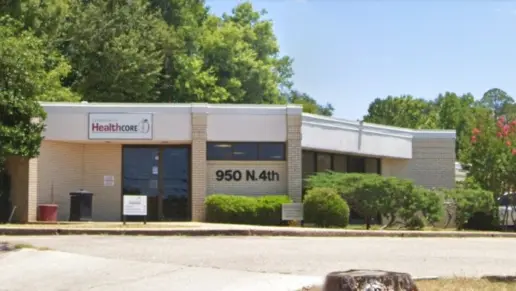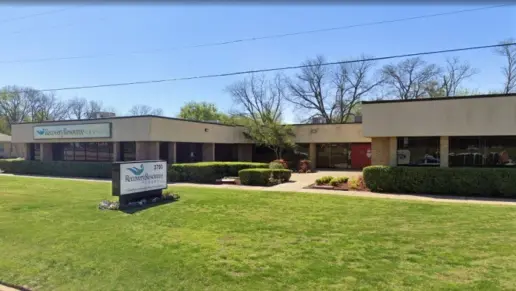About Bluebonnet Trails Community Services – Crisis Respite Unit
Bluebonnet Trails Community Services – Georgetown San Gabriel Crisis Center is a CARF accredited center with 14 locations in Texas. This location in Georgetown, Texas, is a 16 bed center designed for crisis intervention for mental health and substance use disorder. The center is open 24 hours a day, seven days a week. They’re a TVC certified peer network for military veterans.
The center accepts many private insurance plans. They also take Medicare and Medicaid at all of their locations. They’ll file your claim with your insurance, but you’ll need to pay your estimated portion at the time of service. You may also be able to get financial assistance if you qualify.
The Georgetown center offers coed outpatient substance use and mental health programs. The substance use treatment program helps you get to the root of your substance use so you can learn alternative coping skills. This is important because people often turn to substance use to deal with symptoms from other mental health issues (dual diagnosis).
The center has day and evening sessions. You’ll work with the behavioral health team and a chemical dependency specialist so you’ll have a recovery plan unique to your needs. They’ll try to get you into a session that’s the least disruptive to your schedule. The sessions have a nine week cycle, but you can enter them at any time.
They use evidence based therapies that include art and music therapy as well as individual and group counseling. You’ll also take part in skill building and educational groups.
Once you graduate from the intensive outpatient program you can join the supportive outpatient program. This is a twice weekly program of group therapy that meets in the day or evening. This will help you develop your skills to maintain long term recovery. The programs also offer medication assisted treatment (MAT) if appropriate to help in your recovery from substance use.
The Georgetown facility gets good recommendations from former clients with some remarking that the staff was polite and respectful. Others commented that the facility was clean and the food was good.
Facility Overview
Rehab Score
Gallery
Other Forms of Payment
Private insurance refers to any kind of healthcare coverage that isn't from the state or federal government. This includes individual and family plans offered by an employer or purchased from the Insurance Marketplace. Every plan will have different requirements and out of pocket costs so be sure to get the full details before you start treatment.
Self-pay involves paying for treatment out of your own pocket. You can use savings or credit, get a personal loan, or receive help from family and friends to fund your treatment. If you don't have insurance or your insurance plan doesn't cover a specific program, self-pay can help ensure you still get the care you need.
Financial aid can take many forms. Centers may have grants or scholarships available to clients who meet eligibility requirements. Programs that receive SAMHSA grants may have financial aid available for those who need treatment as well. Grants and scholarships can help you pai for treatment without having to repay.
Sliding scale payments are based on a client's income and family size. The goal is to make treatment affordable to everyone. By taking these factors into account, addiction recovery care providers help ensure that your treatment does not become a financial burden to you or your family, eliminating one barrier to care.
Medicare is a federal program that provides health insurance for those 65 and older. It also serves people under 65 with chronic and disabling health challenges. To use Medicare for addiction treatment you need to find a program that accepts Medicare and is in network with your plan. Out of pocket costs and preauthorization requirements vary, so always check with your provider.
Military members, veterans, and eligible dependents have access to specific insurance programs that help them get the care they need. TRICARE and VA insurance can help you access low cost or no cost addiction and mental health treatment. Programs that accept military insurance often have targeted treatment focused on the unique challenges military members, veterans, and their families face.
Medicaid is a state based program that helps lower-income individuals and families pay for healthcare. Medicaid covers addiction treatment so those enrolled can use their coverage to pay for rehab. When a program accepts Medicaid the client often pays very little or nothing out of their own pocket.
Addiction Treatments
Levels of Care
Treatments
The goal of treatment for alcoholism is abstinence. Those with poor social support, poor motivation, or psychiatric disorders tend to relapse within a few years of treatment. For these people, success is measured by longer periods of abstinence, reduced use of alcohol, better health, and improved social functioning. Recovery and Maintenance are usually based on 12 step programs and AA meetings.
During rehab in Texas, you'll deal with underlying issues that contribute to addiction. By addressing these challenges and learning healthy ways to cope with them, you'll develop strategies that help you live a drug-free lifestyle.
Many times, chemical dependency is a symptom of deeper underlying issues masked by substances in order to deal with a mental health disorder. Their integrated approach combines Bluebonnet Trails Community Services outstanding behavioral health team with their team of chemical dependency specialist to provide individualized services which are designed to create healing and recovery with the least disruption to family, school or work schedules by offering day and evening group sessions.
Opioid rehabs specialize in supporting those recovering from opioid addiction. They treat those suffering from addiction to illegal opioids like heroin, as well as prescription drugs like oxycodone. These centers typically combine both physical as well as mental and emotional support to help stop addiction. Physical support often includes medical detox and subsequent medical support (including medication), and mental support includes in-depth therapy to address the underlying causes of addiction.
Substance rehabs focus on helping individuals recover from substance abuse, including alcohol and drug addiction (both illegal and prescription drugs). They often include the opportunity to engage in both individual as well as group therapy.
Programs


Clinical Services
Group therapy is any therapeutic work that happens in a group (not one-on-one). There are a number of different group therapy modalities, including support groups, experiential therapy, psycho-education, and more. Group therapy involves treatment as well as processing interaction between group members.
In individual therapy, a patient meets one-on-one with a trained psychologist or counselor. Therapy is a pivotal part of effective substance abuse treatment, as it often covers root causes of addiction, including challenges faced by the patient in their social, family, and work/school life.
Trauma therapy addresses traumatic incidents from a client's past that are likely affecting their present-day experience. Trauma is often one of the primary triggers and potential causes of addiction, and can stem from child sexual abuse, domestic violence, having a parent with a mental illness, losing one or both parents at a young age, teenage or adult sexual assault, or any number of other factors. The purpose of trauma therapy is to allow a patient to process trauma and move through and past it, with the help of trained and compassionate mental health professionals.
Life skills trainings involve all the skills a person must have in order to function successfully in the world. These include time management, career guidance, money management, and effective communication. Truly successful addiction recovery is based on the ability to not only live substance-free, but to thrive. Life skills teaches the practical necessities of functioning in society, which sets clients up for success in life, and therefore sobriety.
Amenities
-
Private Setting
Staff & Accreditations
Staff

Executive Director,CEO
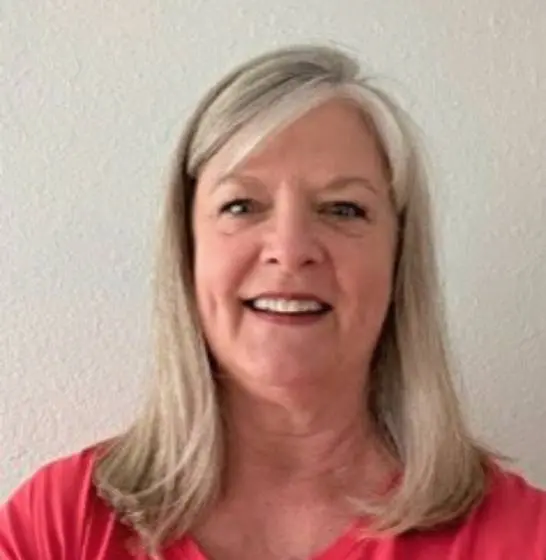
Board Chairman
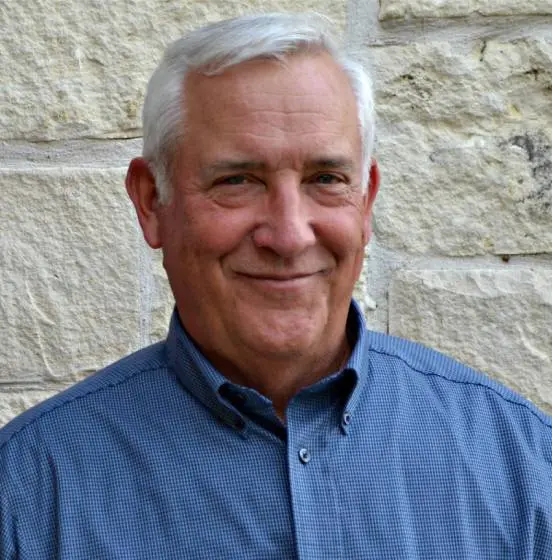
Board Vice Chairman
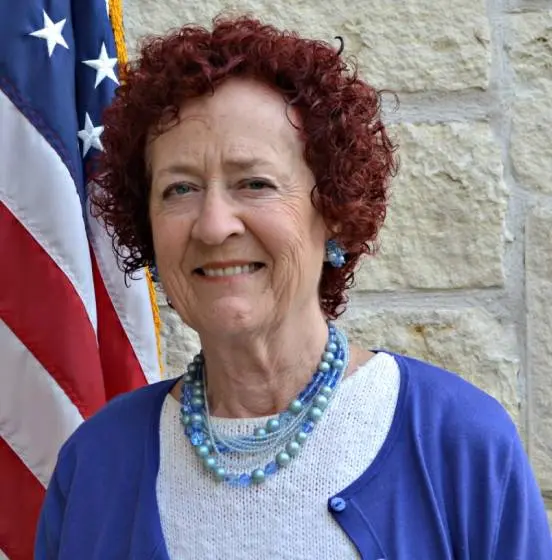
Board Secretary
Accreditations

The Commission on Accreditation of Rehabilitation Facilities (CARF) is a non-profit organization that specifically accredits rehab organizations. Founded in 1966, CARF's, mission is to help service providers like rehab facilities maintain high standards of care.
CARF Accreditation: Yes
Contact Information
711 North College Street
Georgetown, TX 78626
